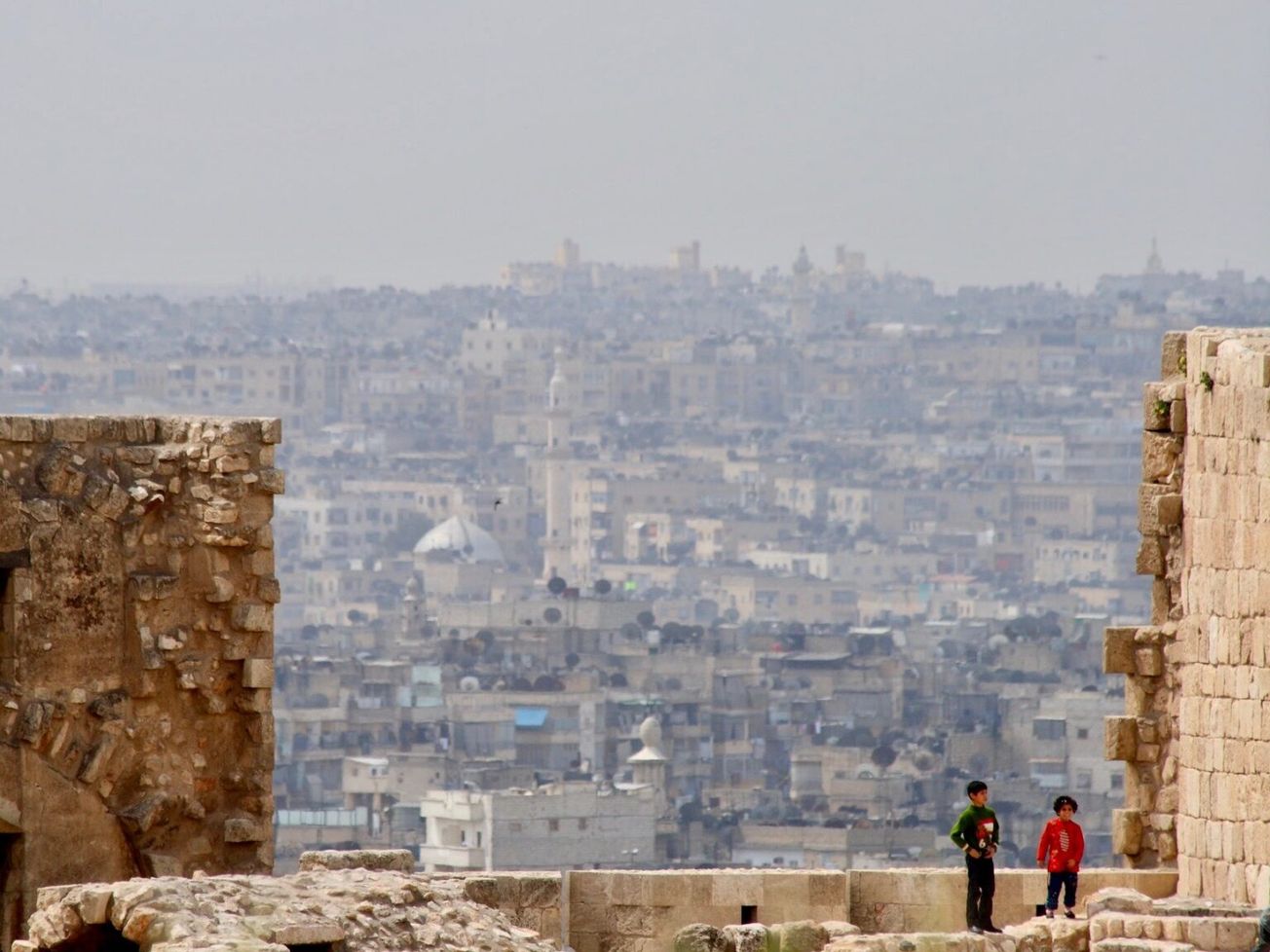GENEVA (AN) — Three teams of Syrian representatives, dogged by mistrust from an almost decade-long civil war, began a fourth round of peace talks on Monday focused on how to create a new system of national governance.
The U.N. special envoy to Syria, Geir Pedersen, hosted negotiations among teams of government, opposition and civil society representatives, each with 15 members, within the United Nations’ European headquarters at the Palais des Nations. They planned to meet daily until the end of the week.







